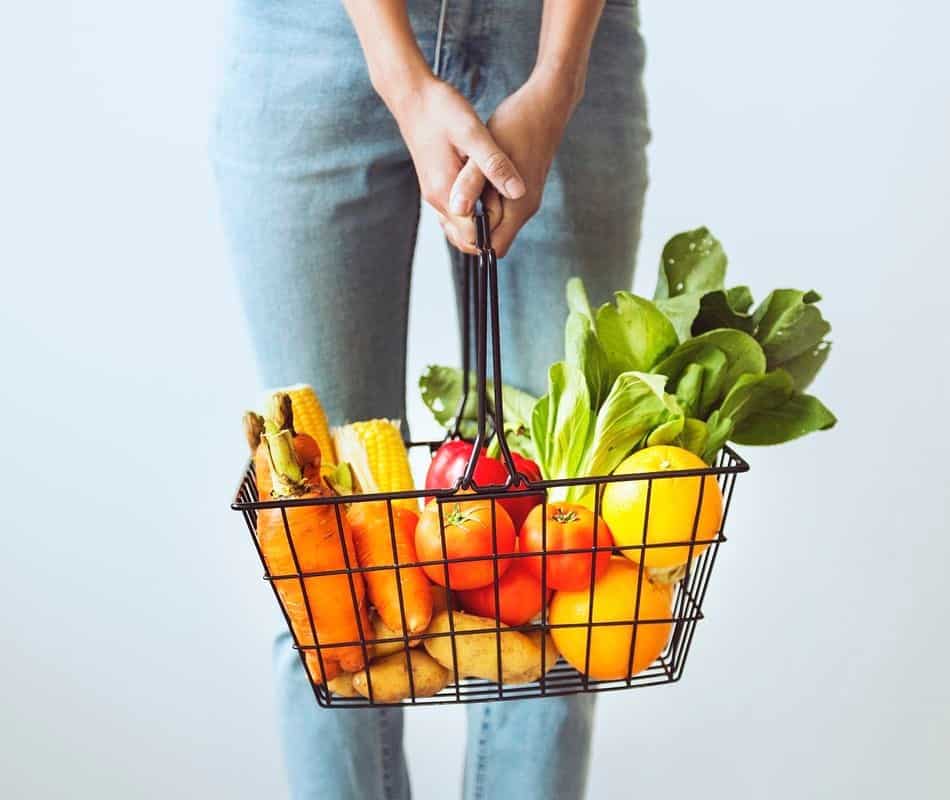Nutrition is not a diet. Like recovery, it is a lifestyle. You truly are what you eat. This article will cover ways to develop healthy eating habits and how prioritizing nutrition will help you in treatment.
What Happened When You Didn’t Eat Well
What you put in your body has an enormous impact on your physical and emotional health. If you’re like many people, you might eat many processed foods that are high in fat and sugar. You might eat these foods because they’re convenient or easier to prepare when you’re low on energy. The issue with these foods is that while they might be easier to consume, they tend to add to the cycle of low energy. Heavily processed foods tend to lose their nutritional value when processing. Vital vitamins and minerals are lost, and all that remains is empty calories.
Why Nutrition in Treatment Is So Important
Addiction can destroy the body. The actual substances themselves can hurt your body and brain. Substance use can also lead to irregular or poor eating habits. A person dealing with a hangover or withdrawal might eat foods that aren’t good for them to stave off symptoms. Stimulants like cocaine and Adderall tend to suppress appetite, causing those who misuse them to eat less than they should. This is why nutritious meals are an integral part of our cocaine addiction treatment program and all other programs.
Eating well can help the healing process during treatment. Even after detox, your brain and body are still recovering. Your body is still getting used to living without those substances, and your immune system is still strengthening. Providing your body with nutrients helps with that effort.
What You Should Put In Your Gut
#1. Fiber-Rich Foods: Examples include whole grains, avocados, nuts, apples, and berries. These foods help your gut digest food and move it through your digestive system. This process becomes instrumental as diarrhea tends to be a common withdrawal symptom for most substances.
#2. Complex Carbohydrates: These are a great source of energy for your body. You can find these in rice, legumes, and starchy vegetables like potatoes. The sugars found in these are better than refined sugars, which are a source of empty calories.
#3. Foods High in Water Content: Hydration is critical during treatment and recovery. Substance use can leave you dehydrated. Drinking enough water can help regulate appetite and improve neuroplasticity which helps with memory and learning. Foods high in water content include cucumbers, tomatoes, watermelon, skim milk, plain yogurt, and soups.
#4. Foods High in Vitamins and Minerals: Your body needs many different vitamins and minerals. Vitamins and minerals are nutrients that help your organs function. Common vitamins include vitamins A, C, and E, and common minerals include iron, calcium, and magnesium. Thankfully, many great-tasting foods are full of them. Nutrient-rich foods you should incorporate into your diet include fish and poultry, which become an excellent source of protein and omega 3, and fruits and vegetables like broccoli, bananas, and leafy greens.
Where to Start
You don’t need to completely change how you eat in one day. In fact, a total overhaul of the foods you eat might negatively affect your digestive system because your body isn’t used to processing whole foods. Replacing some bad foods with some good can help your body adjust to a new way of eating.
#1. Eat Regular Meals: During your addiction, you might have struggled with your diet by eating too much or too little. You might still skip breakfast in the morning or eat at different times during the day. These measures can mess with the body’s metabolism and ability to know when it’s hungry. Eating at the same time every day can also make it easier to prepare food in advance instead of making food in response to hunger. This way, you aren’t defaulting to convenience foods and are instead being mindful about what you are putting in your body.
#2. Drink Enough Fluids Between Meals: Most people aren’t drinking enough water. Every organ and every cell in your body needs water. Drinking water between meals can regulate your appetite and make it easier to digest your food.
#3. Limit Sugars and Sweets: Most people don’t realize that sugar can be very addictive. Nutrition can go to the wayside if you eat too much sugar. Natural sugars are fine, but the trouble comes from refined sugars found in sugary drinks or candy bars. While it might not be realistic to cut out all sugar completely, limiting the amount you snack on can improve your health tremendously.
#4. Work With a Nutritionalist: Eating well can be complicated, especially if you’re new to the practice. Working with a nutrition expert can help you learn more about your eating habits and how to break them for better alternatives. A nutritionist can help you work through what’s blocking you from taking care of your body and coach you on eating well with the foods you like.
Nutrition is a fundamental part of the recovery process. What you put in your body impacts your physical and mental health more than you might realize. It’s essential to be mindful of the foods you consume. Forming this habit takes time, but you will feel the difference once you begin to eat right. Your body will take time to adjust to the new nutrients, but soon you’ll find yourself craving the healthier alternatives. We tend to underestimate how easy it is to eat right and not break the bank to buy more nutritious foods. It’s also okay to eat some sugars once in a while. The most crucial part is making long-term decisions that consider the portion sizes and nutritional value.
If you would like to learn more about making the right choices for what you put in your body, please call Villa Oasis San Diego today at (323) 739-8673.




